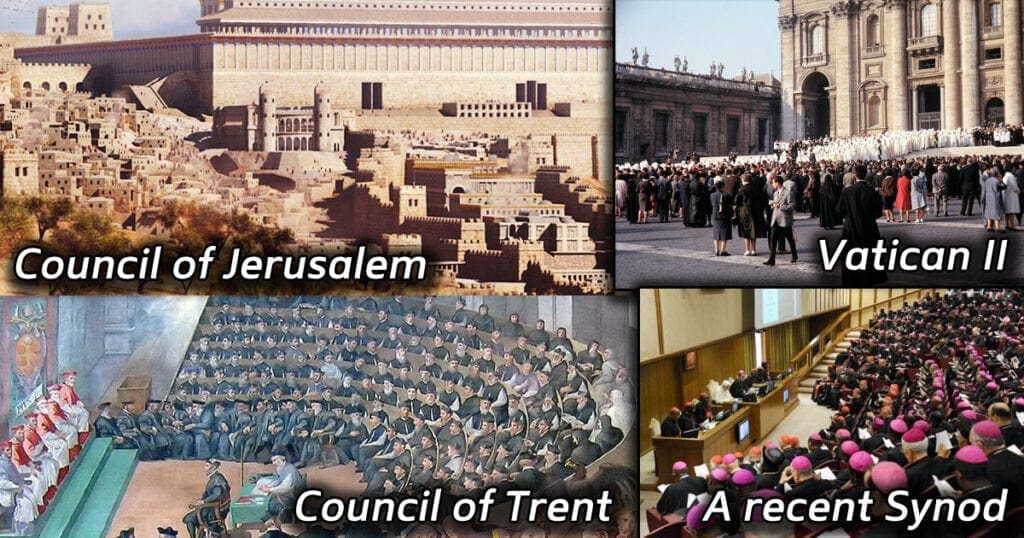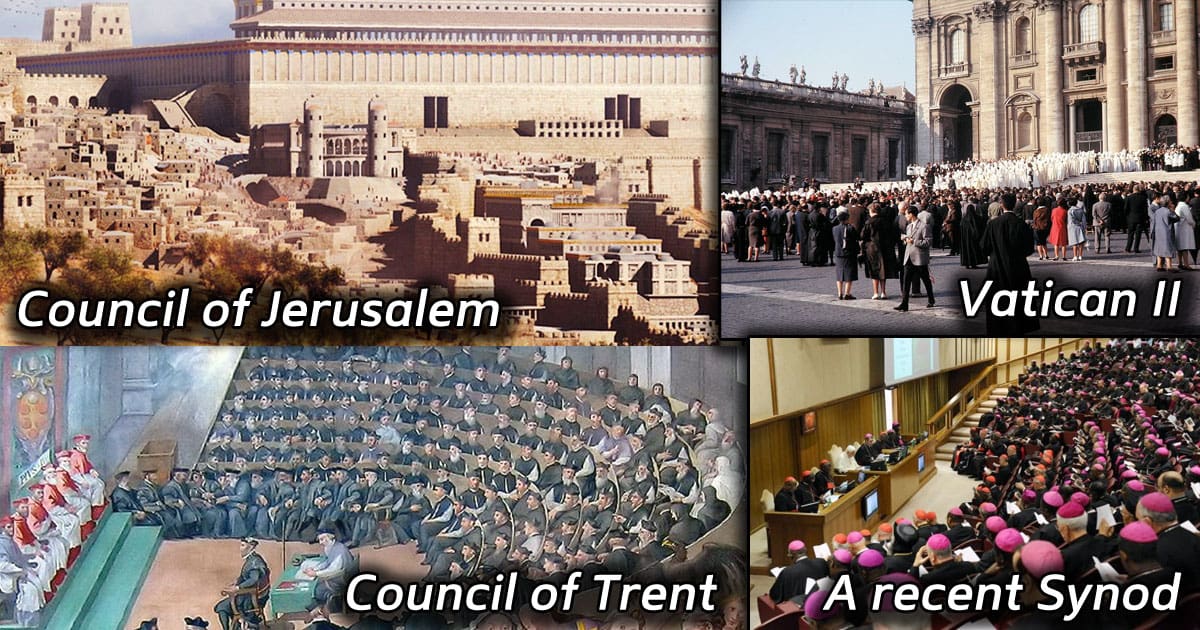The Acts of the Apostles Are About Us – Today
We have a choice!
There are two ways of reading the Acts of Apostles. We can read the Acts of the Apostles as interesting history detached from our lives. Or we can read the Acts of the Apostles as stories about real people – people like ourselves, people facing the same issues we do today.
The big picture of the Acts of the Apostle … a clash of mindsets
The book of Acts shows us the transition of the gospel from a largely Jewish context to a gospel which is universal, not only embracing the Gentiles but becoming a somewhat Gentile phenomenon. We begin in Jerusalem with a handful of Jewish followers of Jesus. The Book of Acts ends in Rome, with a number of Gentile churches having been founded, and a predominantly Gentile Christian community. The Book of Acts describes this transition: geographically, from Jerusalem to Rome; theologically, from Israel to the church; and racially, from Jews to Gentiles.
A classic case of a clash of mindsets! We much keep things as they were! We must adapt to a new way of looking at things! Ways of thinking were changing. Systems and structures were looked at anew.

The Council of Jerusalem marked the turning point in this clash.
For the early followers of Jesus, it was an emotional roller coaster. The life, suffering, death, and resurrection of Jesus boggled their minds… especially when trying to make sense of all of them together. Keep in mind that people of that time were people like ourselves finding themselves in situations they never expected. How to make sense of all that happened. It took them a while to sort out what was of value in their accustomed way of life just as what the new way of life called for. There was so much they had not expected. Who of us can not relate to that?
- They were not prepared for their experiences.
- How were they supposed to name sense?
- Sometimes they were able to make sense of things.
- Some took time to adjust
- Some never did get the message.
“They held all things in common” and yet there were clashes.
A contemporary case of a clash of mindsets!
We must keep things as they were! We must adapt to a new way of looking at things! A contemporary case of a clash of mindsets?
Prior to Vatican II, the church had come to be seen as an institution, a perfect society, a perfect form of secular society. Vatican II revived a more biblical view of the Church as the People of God. From Paul VI through Pope Francis we see the ongoing clash between two mindsets. Attitudes toward liturgy and various areas of church practice are rooted in different mindsets. One mindset says everything was perfect the way it was. The other mindset claims to read the signs of times from a different and reputedly more biblical mindset. Both have claimed to have the best way to make sense of a world in flux.
Over the next several weeks we will read the stories of ordinary people. People who, in their time, tried to make sense of how their world had been turned upside down. We will see these two mindsets in tension. One will focus on the challenges of keeping things as they were. – with maybe some modifications. The other will focus on the opportunities and challenges offered by Jesus who overturned their expectations.
Look at some recurring issues then and now
- Meals – strict dietary laws or observance of Friday abstinence
- Liturgy – Circumcision and Baptism
- Commandments – a multiplicity of commands and rules or one Great commandment
- Leadership – Peter and Paul and a listening “synodality”
Questions – then and now
- Can different mindsets recognize their limitations?
- Can different mindsets learn from each other?
- How can we become a listening people?
Tags: Acts of the Apostles







Superb, John! Thank you, yes, for correlating in a very understandable way the situation of Acts to our situation today. I am now reminded of something that Scripture scholar Richard Dillon wrote years algo that we must remember that Scriptures are statements to past situations. And so, we need to see how they speak to us now. Because of your reflection, I understand better now what your fellow New Yorker meant.